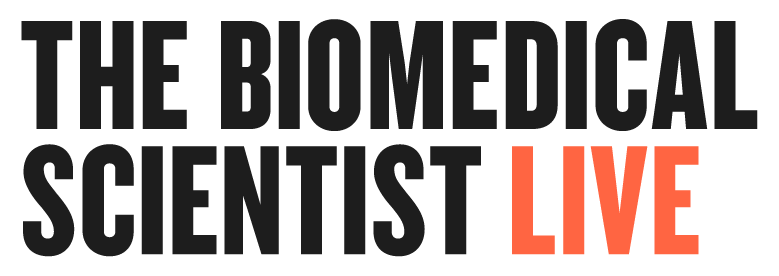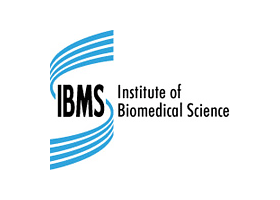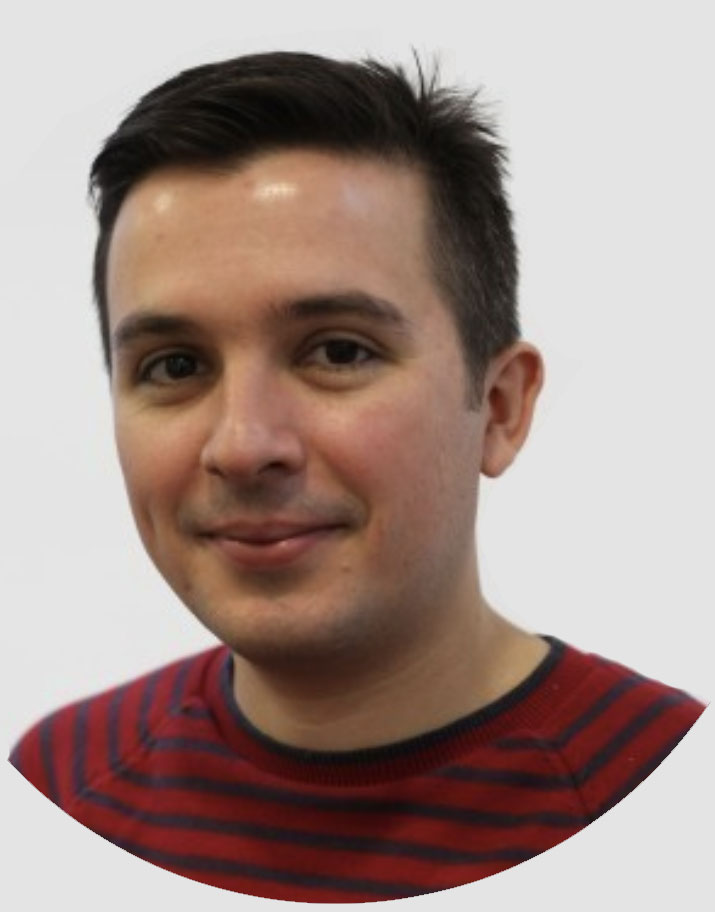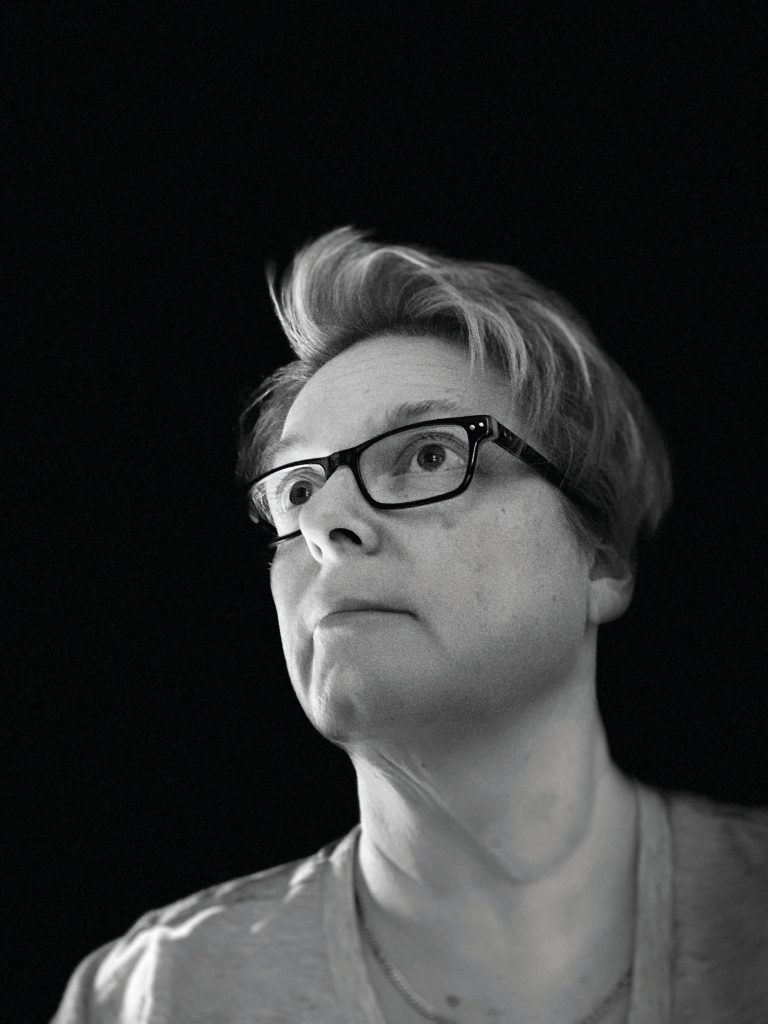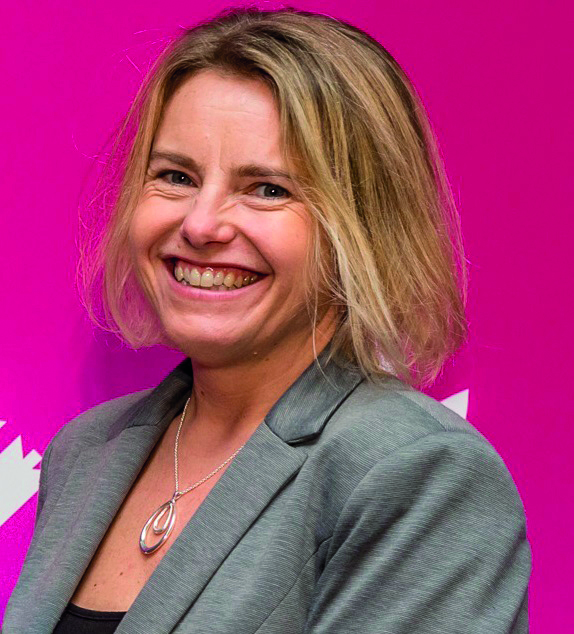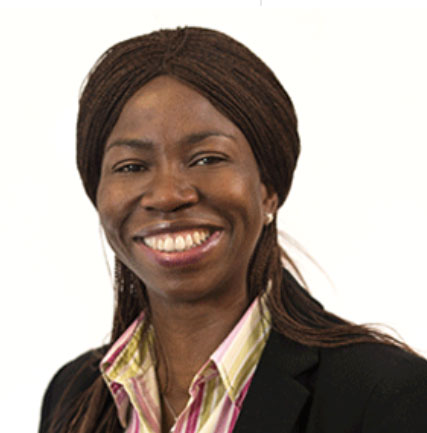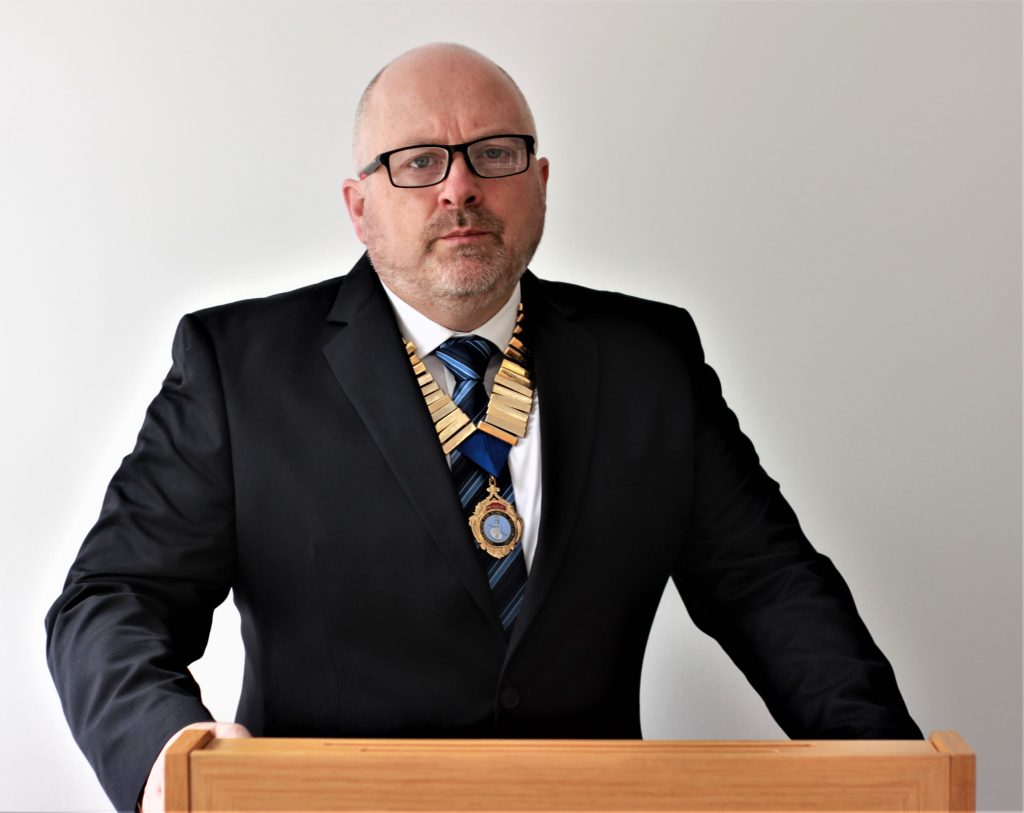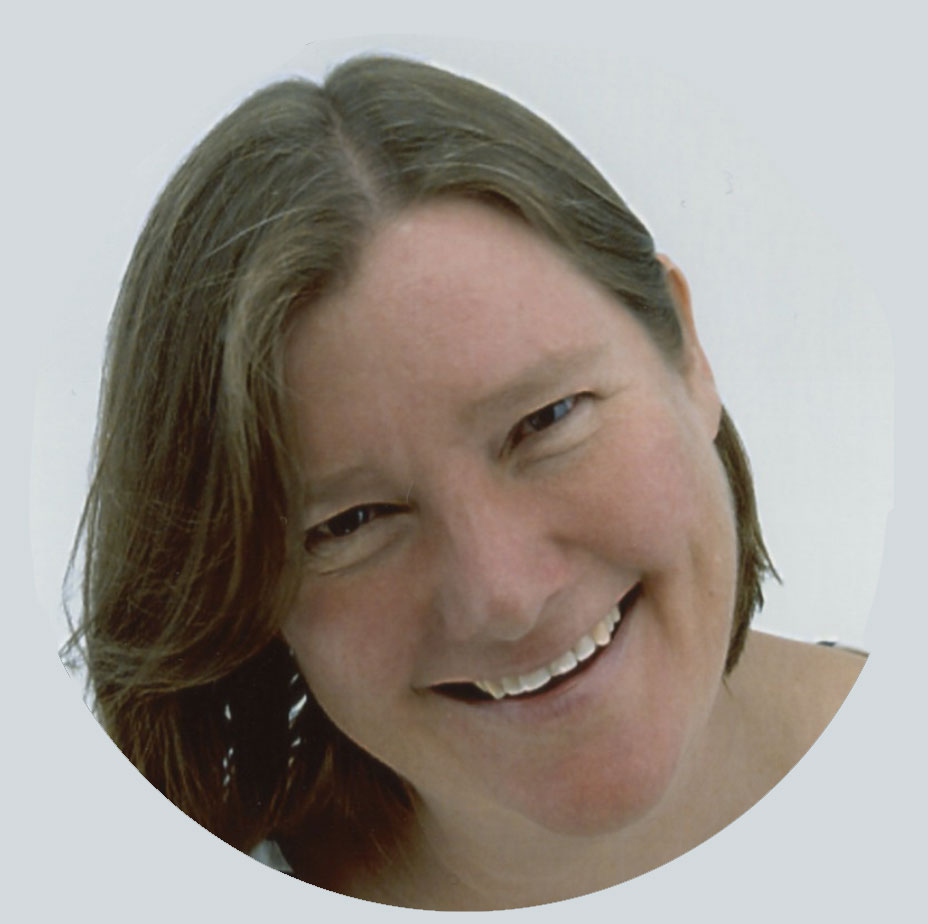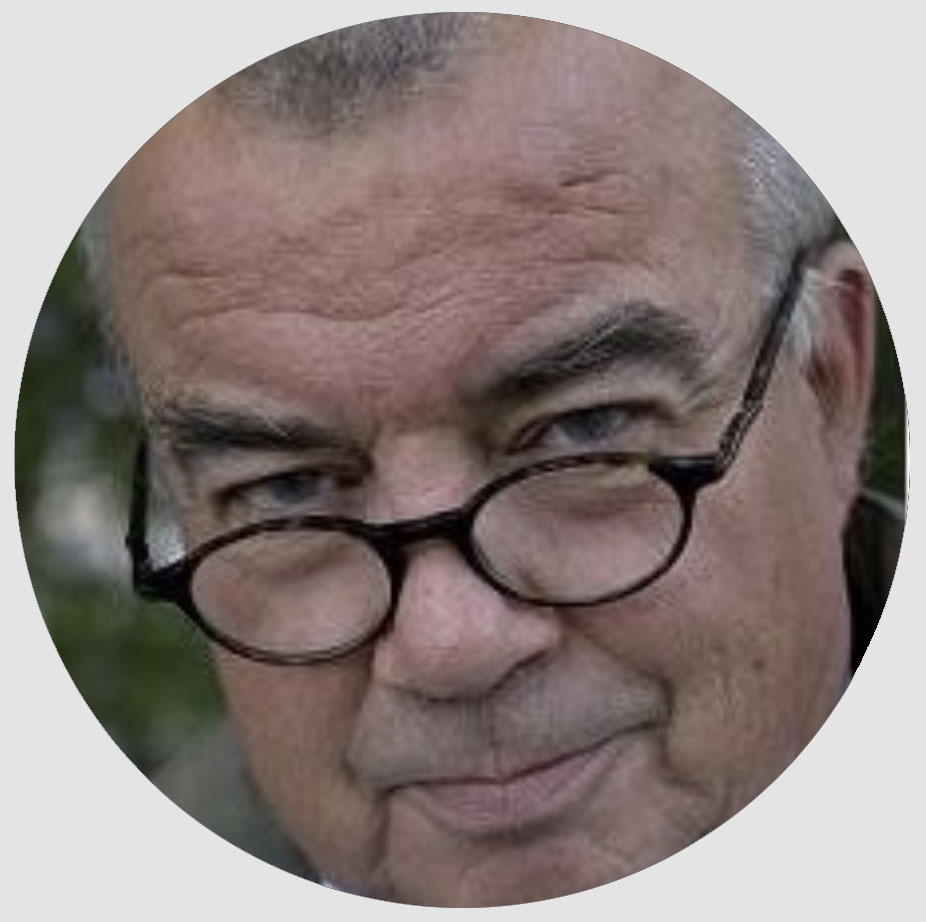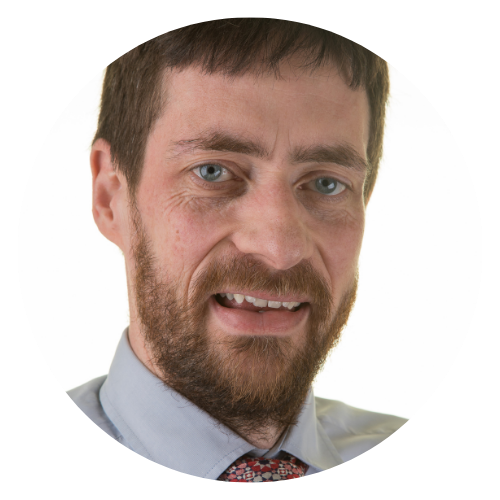
David Wells
Chief Executive
Institute of Biomedical Science
In June 2021, David Wells was appointed as the IBMS Chief Executive. Previous to this, David led the NHS England and NHS Improvement Pathology consolidation programme – tasked with delivering efficient, high quality pathology services across England. David has been recognised as one of the most powerful advocates for pathology in the global community by The Pathologist magazine, featuring in their Power List top 100 every year since 2018. As Head of Pathology at NHS England, David was responsible for leading the laboratory response to COVID-19, managing the technology deployment, funding and workforce. He was also tasked with ensuring all capacity requirements were met, advising ministers by providing policy and strategic direction, and helping the government to achieve their goal of delivering 100,000 COVID-19 tests per day in April 2020. In recognition of his COVID-19 response work and for transforming England’s pathology services, the Royal College of Pathologists (RCPath) awarded him an Honorary Fellowship in 2020 and Anglia Ruskin University presented him with the Alumni Frontline Service Award in 2021.
